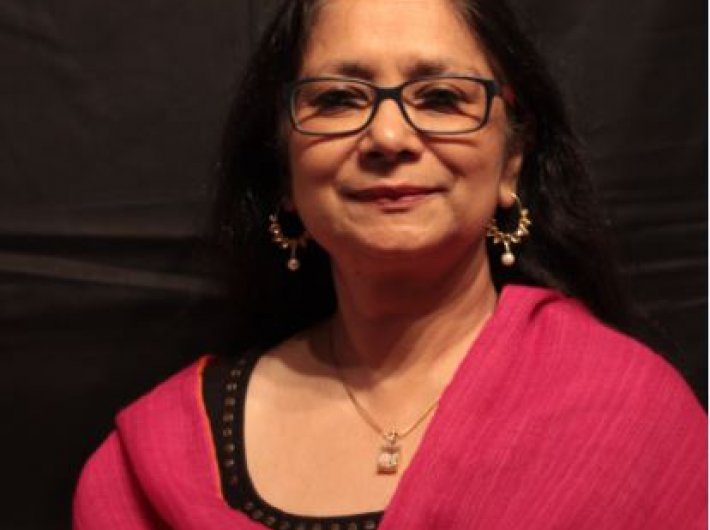Nupur Basu is a journalist, documentary filmmaker and media educator. Her first documentary, Dry Days in Dobbagunta, depicted the story of Dobbagunta, a village near Nellore district of Andhra Pradesh, where women campaigned against liquor consumption. The film won the Award for Excellence in Television at the IAWRT Festival in Harare, Zimbabwe, in April 1997. Basu is also the executive producer of Velvet Revolution, a collaborative documentary on the experiences of a few female journalists. For this, Basu interviewed senior journalists such as Lyse Doucet, chief international correspondent at BBC, Najiba Ayubi from Afghanistan, Zaina Erhaim from Syria, who now lives in exile in Turkey, and Ritu Sarin, the lead investigator in the Panama Papers probe from The Indian Express.
How did you start your journey of documentary filmmaking?
I started making documentary films in 1995. I was reporting for the World this Week in London in the 1990s. I reported on caste-conflicts and other development issues. While I was reporting, I realised that the power of image is better than any other source of media. An image can speak a thousand words. It can provide a platform to convey real and unbiased news to the people in a smooth format.
What are the attributes of a good filmmaker?
Firstly, the person should be a good storyteller. He or she should believe in and be committed to his/her stories. Preferably, the story should be about the people. One should nurture the craft and be creatively different from the rest of the world. As a documentary filmmaker, one should try to serve the truth that our Bollywood has not, or cannot, serve.
What are your expectations from Velvet Revolution?
I want this film to compel society to own us. Journalists are no longer owned by civil society as people have become disaffected with the press because of tabloid journalism and corporatisation of the media. I want this film to make people believe again that journalism is the fourth pillar of democracy.
Why do you think there are very few women making films?
How will the number of females flourish if they are killed before they are born? Not only in filmmaking, but females are considerably less in all the fields. My last film, No Country for Young Girls, talked about the distorted sex ratio in India. Regarding filmmaking, we do not have premium film institutions and if some institutions are there, they do not have any encouraging modus operandi for girls. On top of that, women who are working determinedly in this field are denied credit.
Alankrita Srivastava’s film Lipstick Under my Burkha was recently banned by the Central Board of Film Certification (CBFC). Your comments
When there is a compromised CBFC, there is nothing left to say. Many commercial and documentary movies that tried to portray a novel narrative have faced a CBFC ban in the last few years, be it Spectre 007, India’s Daughter or Udta Punjab. Works of art exists in all forms, good, bad and ugly. CBFC should let them come in the public sphere and let the audience decide.
Could you name some filmmakers who have inspired you?
There were many influential personalities I interviewed when I was a reporter. Amongst them are Dev Anand and Mira Nair, who inspired me. I am also influenced by Ritwik Ghatak and the kind of movies he made. In the area of documentary filmmaking, Michael Moore has been a motivating figure.
Message for budding documentary filmmakers
Perceive the stories that are all around you. Fact, at times, is more fascinating the fiction. This generation has technology on its side. It is all about maintaining a balance between technology and art.

